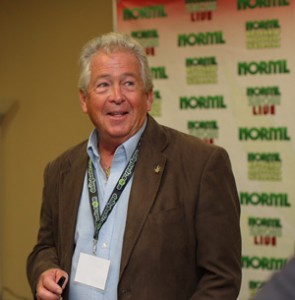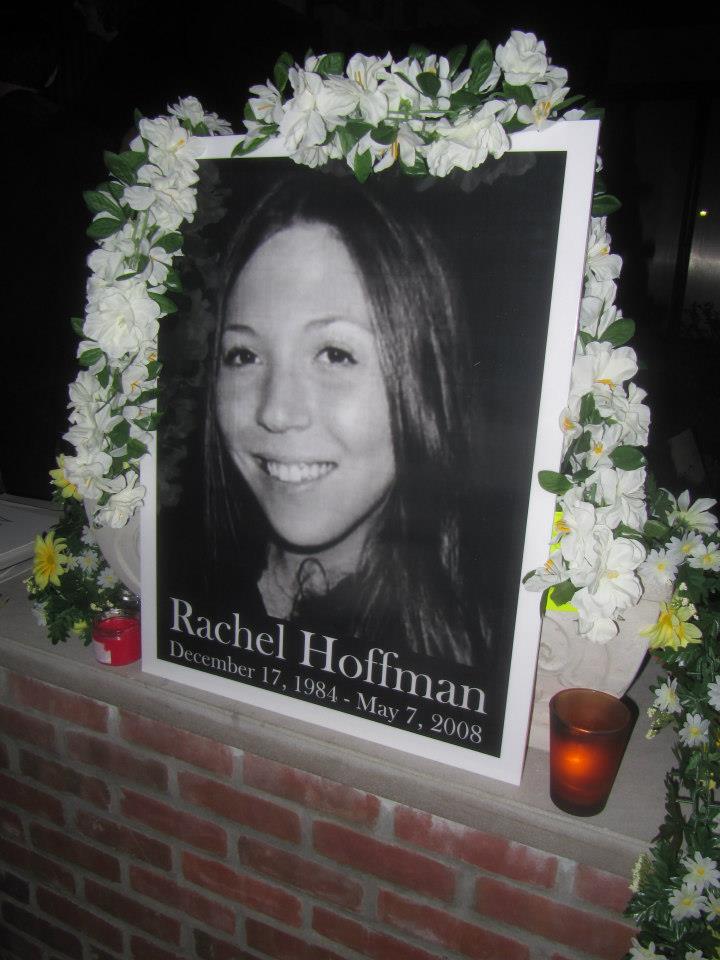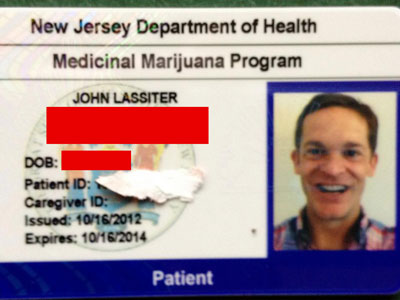
State House in Trenton – photo by C. David Freitag
7/16/2011 – Governor Lincoln Chafee in Rhode Island and Gov. Chris Christie in New Jersey are maintaining their executive hold on opening approved medical marijuana facilities. This shines a spotlight on an important role emerging for Governors in regulating cannabis. Officials in both states told Freedomisgreen that they still have legal questions so the suspensions could remain indefinitely*.
Chafee and Christie say their primary concern is the notion that state employees could be at risk for federal prosecution. Of course, no such legal action that has been seen in America for over 100 years. A new memorandum from the US Department of Justice was issued about medical marijuana on June 30th but seems to have offered little direction.
New Jersey’s compassionate use law forces patients to access all of their cannabis (no home growing) from “Alternative Treatment Centers.” Six have been approved with each planning to serve thousand of patients. But since none are open there is currently no medical marijuana for NJ patients at all. There is currently no protection from arrest for qualifying NJ residents if they posses underground cannabis. Registry ID cards have not been issued and there is no way for physicians to officially recommend the legal therapy. So, it is not just dispensaries that Gov. Christie is suspending, it is the entire law.
Rhode Island has three state approved cannabis facilities on hold, yet the patients already have some options. Mike Trainor, a spokesman for Gov. Chafee, said today, “There are approximately 3,200 patients right now and they can grow plants at home or have a caregiver do it for them. So they do have access.”
Trainor said that the entire legal staff at the governor’s office was considering the situation. “He is looking to proceed very carefully. But the issue may be revisited in the next few weeks.”
That’s good news to the Thomas C. Slater Compassion Center in Providence. They have been alerting the local community to contact Gov. Chafee. A recent post on their Facebook page said, ”He needs to hear from patients, doctors, and the general public about the importance of these centers. Please take a minute to call the Governor … and respectfully ask that he award the licenses for compassion centers so that patients can have safe access to medicine.”
Back in the No-Garden State a top-level contact reached at NJ Attorney General Paula Dow’s office said that the Cole memo was “under review” but that the specific question about state workers was still considered unclear. Letters sent by Dow to NJ’s US Attorney Paul Fishman in April and again in May have gone without reply. (The letters were also sent directly to US attorney General Eric Holder.)
Instead of addressing Dow’s concerns point-by-point as federal prosecutors have done in other states, Fishman deferred to the head office at DOJ. The Cole memo was first released to the public after Fishman sent it to Dow, although it applies to all states. The contact at the NJ state AG’s office opened up the possibility that new letters could be sent to the feds requesting a direct response.
NJ Assemblyman Reed Gusciora said that time has already run out for seriously ill residents,“cancer patients who are being treated for chemotherapy and experience nausea will continue to suffer.”
The Christie Administration promised that the Alternative Treatment Centers would be licensed by July, in other words; now. Gusciora originally sponsored the compassionate use legislation and started a “Cannabis Countdown” today. In a press release he noted that it was 15 days so far and called Christie’s demands for federal assurances “impossible to fulfill.”
“While I can understand the Governor’s reservations with the implementation of the program,” concluded Gusciora, “it is his duty to fulfill the legislative intent. I negotiated with him in good faith to get the program up and running. I hope that he lives up to his side of the deal.” Last year Gusciora allowed a 90-day delay for the program as a “compromise” to keep it on track.
Governors around the country are taking on a greater role in medical marijuana policy. Some are moving the issue forward with steady progress. Gov. Pete Shumlin in Vermont and Gov. Jack Markell in Delaware were congratulated this year when they signed medical cannabis legislation into law. In Maine, Governor Paul LePage signed a new law with expanded privacy protections for patients. LePage has not interfered with his state becoming the first on the East Coast to actually open dispensaries.
So there is a profound difference for this policy in just who holds a state’s top executive office. Chafee and Christie are not alone. Jan Brewer in Arizona is only allowing portions of the voter-approved medical marijuana law to go into practice. AZ patients can register and grow, but here again, dispensaries have been suspended. And again we hear the esoteric legal argument of a far-fetched risk to state employees.
Washington Governor Chris Gregoire vetoed a bill to legalize medical marijuana dispensaries after she perceived a variety of threats in a letter from her local US Attorney. Gregoire is also the current leader of the National Governor’s Association (NGA). After the controversial veto she promised to put pressure on the federal government to reschedule cannabis and help form a standardized approach to state-approved dispensaries.
Mike Trainor in Rhode Island said that such a plan may already be in progress. ”Several weeks ago the NGA sponsored a conference call between states that have medical marijuana dispensaries or are considering them,” said Trainor, “Governor Chafee is hoping there will be a more national conversation on this issue.”
But, so far, the discussion among top officials is happening behind closed doors. State executives and US Attorneys are actively conferring with each other about medical marijuana policy. Right now seriously ill residents, caregivers and cannabis providers live under patchwork of regulations. Given the variety, it may be difficult for leaders to reach a consensus for a more refined policy.
In the end, compassionate use laws are put into practice through the discretion and personal politics of the Governors. This will continue to be the case in the foreseeable future. The suspended facilities in Rhode Island and the complete shutdown of the law in New Jersey demonstrate an extreme use of that influence. The recognition of this new role may not be lost on voters when they consider the choices in the next gubernatorial elections.
[Update* Gov. Christie announced the hold on the ATCs was lifted on 7/19/11]
Chris Goldstein is a respected marijuana reform advocate. As a writer and radio broadcaster he has been covering cannabis news for over a decade. Questions? [email protected]












